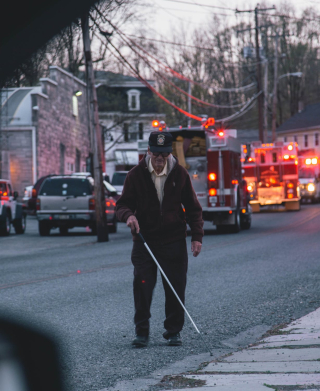 With about half of all marriages ending in divorce, second marriages and blended families have become the new normal in many communities. Estate planning for a blended family requires three-dimensional thinking for all concerned.
With about half of all marriages ending in divorce, second marriages and blended families have become the new normal in many communities. Estate planning for a blended family requires three-dimensional thinking for all concerned.
An article from The University Herald, “The Challenges and Complexities of Estate Planning for Blended Families, ” clarifies some of the major issues that blended families face. When creating or updating an estate plan, the parents need to set emotions aside and focus on their overall goals.
Estate plans should be reviewed and updated, whenever there’s a major life event, like a divorce, marriage or the birth or adoption of a child. If you don’t do this, it can lead to disastrous consequences after your death, like giving all your assets to an ex-spouse.



























